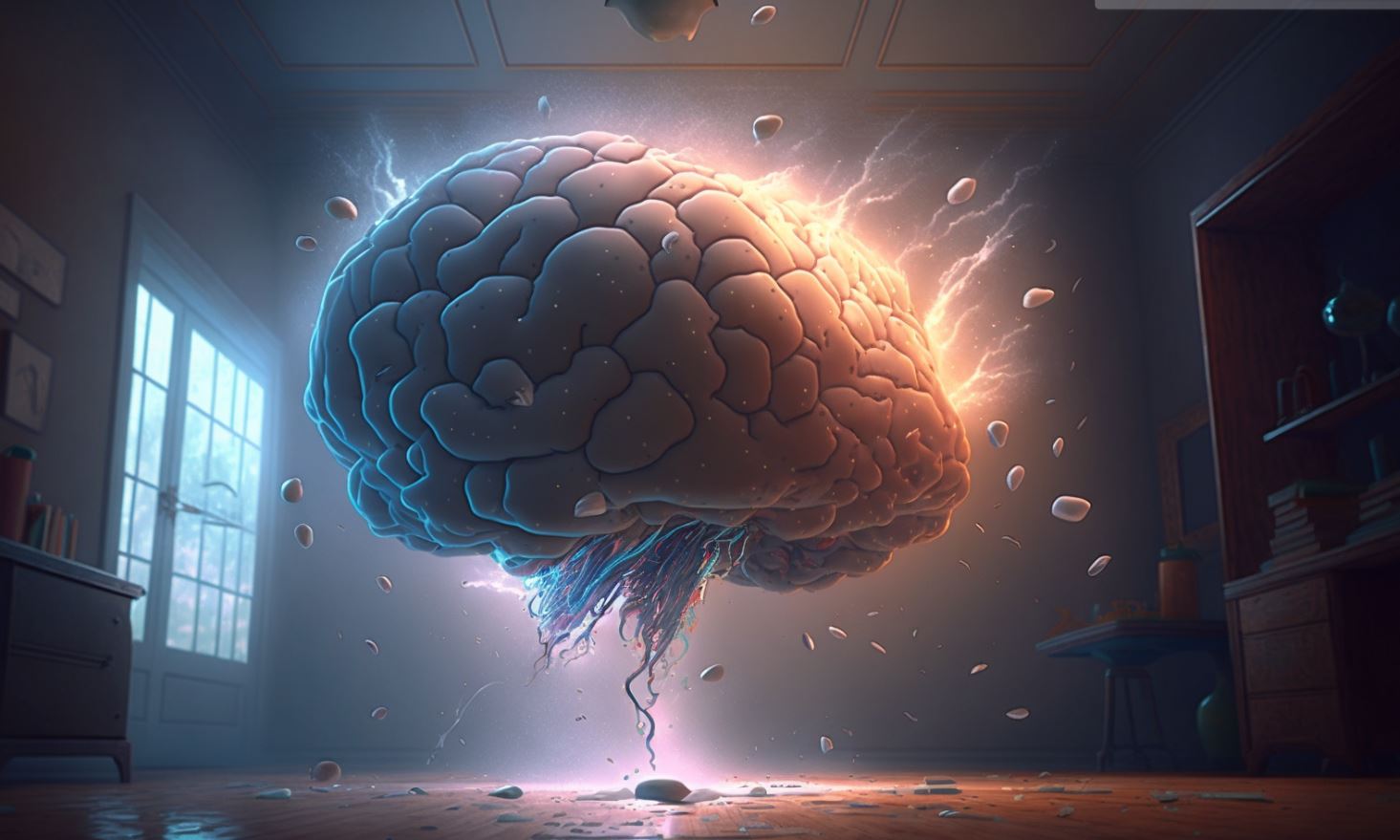
Welcome to the first installment of our series, a three-week journey exploring the extraordinary dance between coevolution, cybersecurity, and the humanities, with a focus on coaching. Each week, we’ll tackle a different aspect of this topic, starting today with the heart of the matter: the human mind.
Coevolution is a fascinating concept, a cosmic dance in which two species, or systems, influence each other, adapting and growing together. Darwin observed it in the Galápagos finches, whose beaks changed based on the available seeds.
Today, we can see it in the digital world, where cybersecurity and psychology are no longer separate disciplines, but two sides of the same coin in an incessant dance. The human mind, with its vulnerabilities and strengths, is the true battlefield. Security is not just a matter of codes and algorithms, but a complex interaction between technology and behavior.
The hacker, like an evolved parasite, does more than just break digital locks. He studies the habits, fears, and desires of his victims. He creates social engineering traps, like phishing, which are the perfect example of parasitic coevolution. Malware evolves, but so does our awareness.
A clear example is the so-called modern “Trojan Horse,” a metaphor rooted in Greek mythology. The Greeks did not win by besieging the walls of Troy, but by deceiving the enemy with a seemingly harmless gift, which concealed a mortal danger. The same happens today with phishing emails. An irresistible offer, an urgent message from a bank, an attachment promising a juicy preview: they are all Trojan horses designed to bypass our rational defenses, targeting our psychological vulnerabilities directly.
The coevolution between hacker and defender becomes a game of chess. Defenders can’t just strengthen the firewall; they must also educate users to recognize the threat. A cyberattack is no longer a purely technical act, but a psychological one. The hacker exploits our cognitive biases, such as confirmation bias (we believe what confirms our beliefs) or the affective heuristic (we are more likely to trust what evokes positive emotions).
To counteract it, the defender must co-evolve, becoming a “security psychologist.”
To understand this phenomenon, we must draw on psychology. Daniel Kahneman, Nobel Prize winner in economics and father of behavioral psychology, in his book Thinking, Fast and Slow, explains how our brain operates through two systems: System 1, fast and intuitive, and System 2, slow and rational.
Social engineering attacks are designed to bypass System 2 and activate System 1, pushing us to click on dangerous links in a moment of haste or distraction. The hacker doesn’t attack our technology, but our brain. Another fundamental concept is that of “mental schemas,” developed by cognitive psychologist Jean Piaget.
Schemas are the structures we use to interpret the world. When a phishing email perfectly mimics our bank’s logo, it activates the “trusted banking communication” mental schema, causing us to ignore the warning signs.
Coevolution, in this sense, is a battle for the construction and deconstruction of these schemas.
So how can we defend ourselves? Beyond technology, the answer lies in developing a resilient mindset. This is where coaching comes into play, not as a weapon, but as a guide. It’s not about learning to pick digital locks, but about learning to strengthen your mind.
The coach helps individuals become aware of their psychological weaknesses, recognize the thought patterns that make them vulnerable, and develop new digital habits. We can think of the coach as the “mentor” who doesn’t provide us with the sword to fight the dragon, but teaches us to recognize its traps and manage our fear.
Coaching fosters a mindset of continuous learning, crucial in a constantly changing digital environment.
Rather than feeling like passive victims, coaching makes us active protagonists of our own security, ready to improve after every attack, real or simulated.
In this first step, we have seen how cybersecurity is not just a matter of code and firewalls, but a profound psychological battle. The coevolution between hacker and defender is a dance in which understanding the human mind is the most powerful weapon. A cyberattack is not a mechanical act, but a psychological one.
In the coming weeks, we will explore how coaching can help us build our mental resilience and how philosophy can provide a moral compass to navigate the ethical challenges posed by digital coevolution. I look forward to continuing this fascinating journey together.
Follow us on Google News to receive daily updates on cybersecurity. Contact us if you would like to report news, insights or content for publication.
